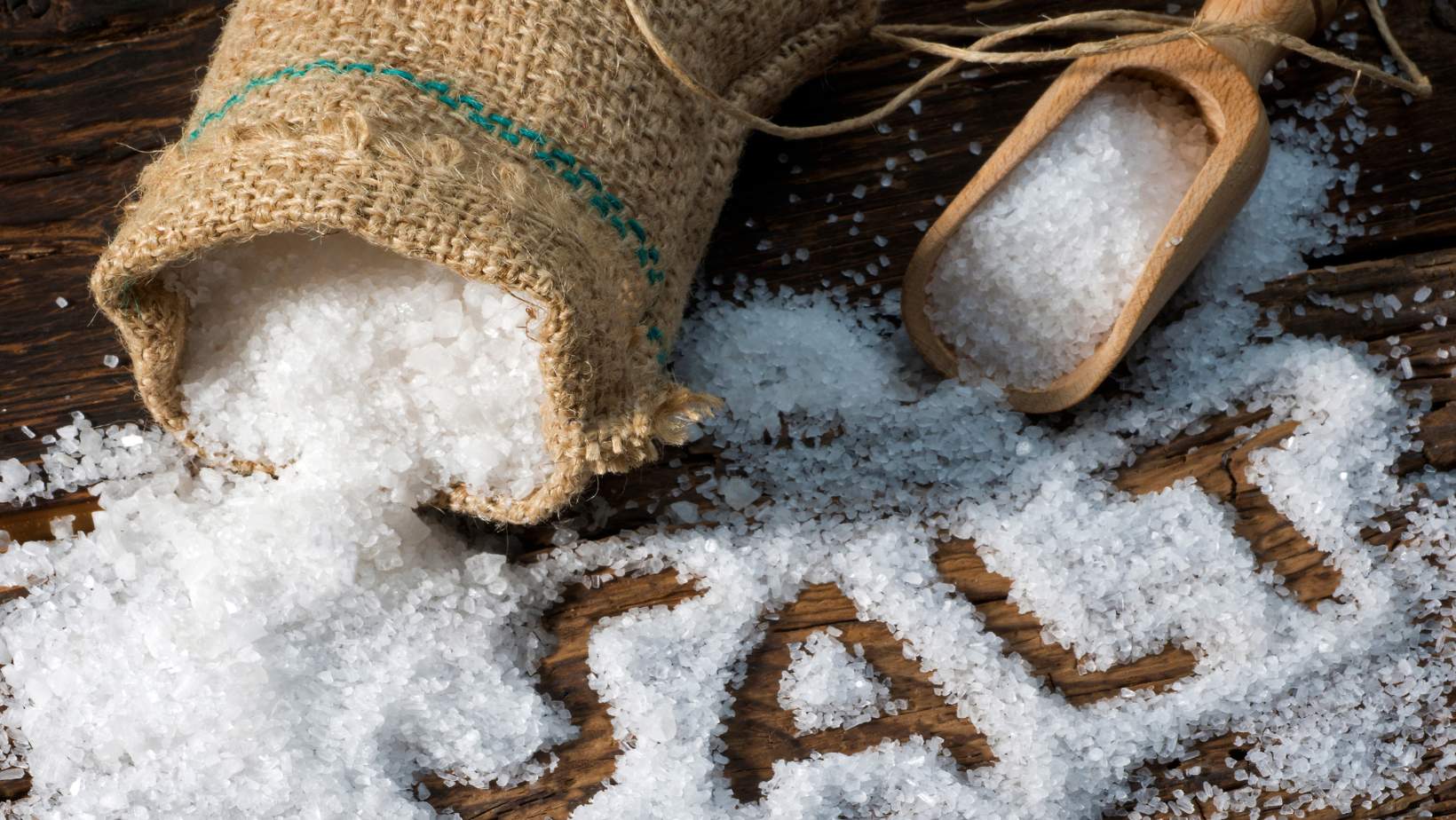The Pressure Paradox: Rethinking Hypertension in the Modern World
In a society where medical breakthroughs seem to occur daily, one health crisis continues to loom large: high blood pressure. This “silent killer” affects a quarter of the world’s adult population, often without symptoms, yet drives a staggering array of life-threatening conditions. But what if everything we thought we knew about hypertension was just scratching the surface?
The Shocking Statistics
Recent data paints a grim picture of American health: a staggering 93% of adults over 18 have either high blood pressure, high cholesterol, high blood sugar, have experienced a heart attack or stroke, or are overweight. This leaves a mere 6.8% of the population truly healthy – a statistic that demands our immediate attention and action.
Beyond Salt: The Real Culprits
While conventional wisdom has long pointed to salt as the primary villain in the hypertension story, emerging research suggests a more complex narrative. Let’s dive into the true drivers of this pervasive condition:
1. The Insulin Connection
Insulin resistance and pre-diabetes emerge as the most significant factors in hypertension. Our modern diet, laden with sugar and refined carbohydrates, triggers a cascade of metabolic issues that directly impact blood pressure.
2. Inflammation: The Hidden Driver
Chronic inflammation, fueled by processed foods and environmental toxins, creates a perfect storm for hypertension. This systemic inflammation disrupts the delicate balance of our cardiovascular system.
3. Nutritional Deficiencies
Surprisingly, deficiencies in key nutrients like magnesium and omega-3 fatty acids play a crucial role. With over 90% of the population deficient in omega-3s and about half lacking adequate magnesium, it’s no wonder our blood pressure regulation is off-kilter.
The Salt Paradox
Contrary to popular belief, salt isn’t always the enemy. The real issue lies in the imbalance between sodium and potassium in our diets. Our hunter-gatherer ancestors consumed a diet with 10 times more potassium than sodium. Today, that ratio has flipped, primarily due to processed foods.
The Potassium Solution
Increasing potassium intake through whole, plant-based foods can significantly impact blood pressure regulation. Foods rich in potassium include spinach, broccoli, avocados, and bananas.
The Lifestyle Factor
Beyond diet, several lifestyle factors contribute to hypertension:
- Chronic stress
- Lack of physical activity
- Poor sleep quality
- Environmental toxins
A Holistic Approach to Treatment
While medications can help manage symptoms, they often fail to address the root causes of hypertension. A functional medicine approach focuses on identifying and treating these underlying factors:
1. Dietary Overhaul
Eliminating processed foods and embracing a whole-foods, plant-rich diet can dramatically impact blood pressure. Studies have shown drops of up to 20 points in just 7-10 days with this approach.
2. Strategic Supplementation
Key supplements can support blood pressure regulation:
- Magnesium citrate or glycinate
- CoQ10
- Omega-3 fatty acids
- B-complex vitamins
3. Stress Management
Practices like yoga, meditation, and deep breathing activate the parasympathetic nervous system, helping to lower blood pressure naturally.
4. Quality Sleep
Prioritizing sleep hygiene can have a profound impact on blood pressure regulation. Aim for consistent sleep and wake times, and create a cool, dark sleeping environment.
The Exercise Equation
Regular physical activity is crucial for maintaining healthy blood pressure. While exercise can temporarily increase blood pressure during the activity, it ultimately strengthens the cardiovascular system and lowers resting blood pressure.
Environmental Factors
Often overlooked, environmental toxins like heavy metals can contribute to hypertension. Reducing exposure and supporting the body’s natural detoxification processes can be beneficial.
The Bottom Line: A Call to Action
Hypertension is not an inevitable consequence of aging but rather a reflection of our modern lifestyles. By addressing the root causes – from insulin resistance to nutrient deficiencies – we can not only manage but potentially reverse this pervasive condition. Here are key takeaways:
- Focus on a whole-foods, plant-rich diet high in potassium
- Minimize processed foods and added sugars
- Incorporate stress-reduction techniques into daily life
- Prioritize regular exercise and quality sleep
- Consider targeted supplementation under professional guidance
FAQ: Understanding Hypertension
Q: Can hypertension be reversed without medication?
A: In many cases, yes. Lifestyle changes, particularly dietary modifications, can significantly reduce blood pressure. However, always consult with a healthcare provider before altering any prescribed treatment.
Q: How quickly can lifestyle changes impact blood pressure?
A: Some people see improvements within a week of making dietary changes. However, sustainable results typically require long-term commitment to lifestyle modifications.
Q: Is salt restriction necessary for everyone with hypertension?
A: Not necessarily. While some individuals are salt-sensitive, focusing on increasing potassium intake and reducing processed foods may be more beneficial for many people than strict salt restriction.
By understanding the complex interplay of factors contributing to hypertension, we can take a more nuanced and effective approach to prevention and treatment. This holistic strategy not only addresses blood pressure but also promotes overall health and longevity, offering a path to true wellness in our modern world.
